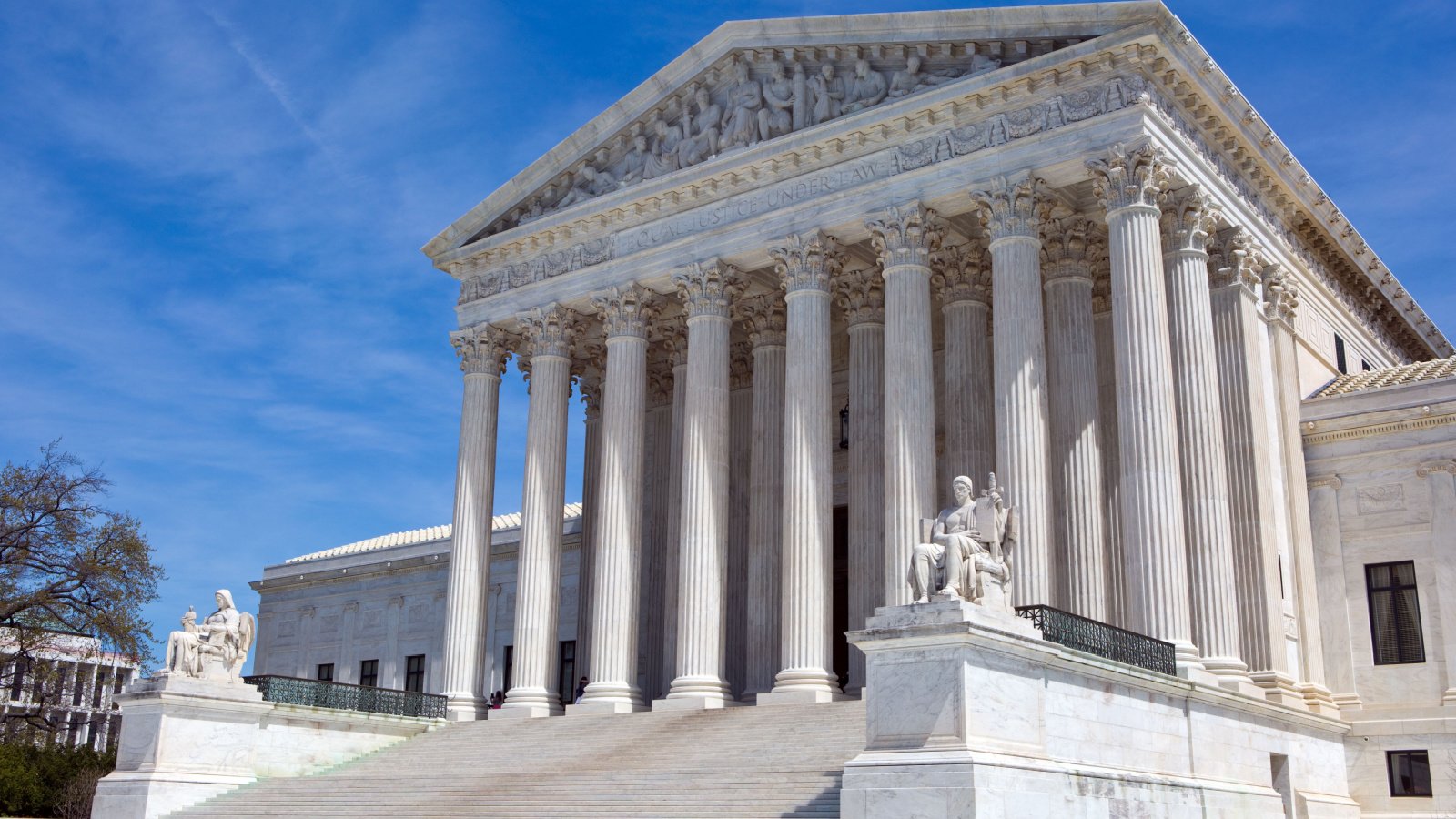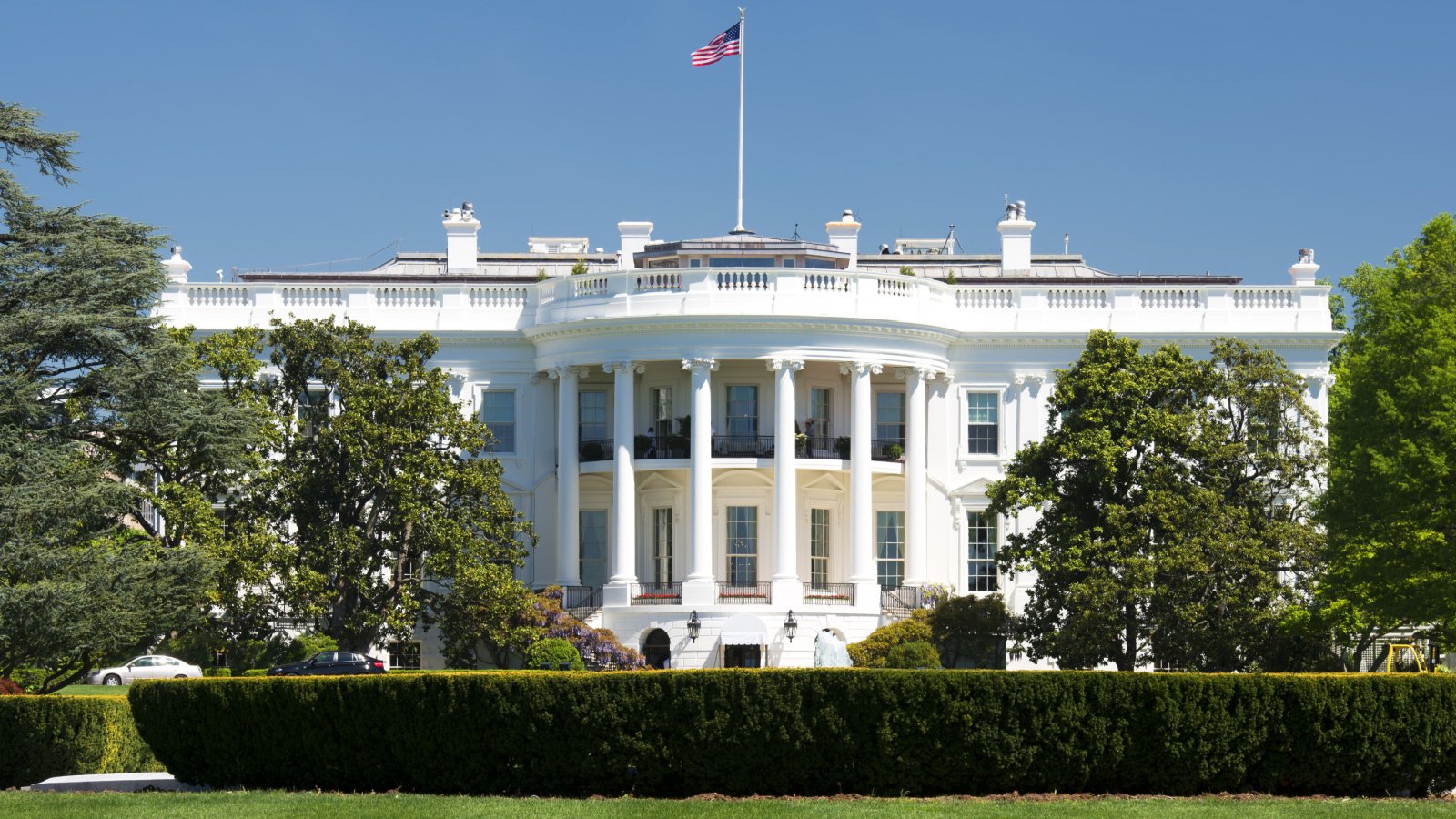Months before the end of his Presidency, President Joe Biden proposed an enforceable code of ethics and term limits for Supreme Court Justices. Additionally, he proposed a new constitutional amendment that would impose limits on presidential immunity in light of a recent Supreme Court decision granting broad immunity protections.
Persistence of Policy Proposals

While it is unlikely that any of the proposals will be passed in the latter part of the current Congress, the policy proposals will persist. They can be resurrected at a time more favorable for passage.
Public Opinion on Supreme Court Reforms

The conversation is popular right now with the public, as the court’s approval ratings are at an all-time low.
Ethical Scrutiny of Justices

Justices have been scrutinized for trips and accepting gifts that some see as unethical, although any particular court code of ethics does not prohibit them.
Support for Term Limits

Polls indicate that Americans broadly support having term limits for seats on the Supreme Court bench.
Poll Data on Term Limits

According to the July 2022 Associated Press-NORC Center for Public Affairs Research poll, 67 percent of Americans support term limits for Justices rather than a life term at the court.
Partisan Support for Policy Change

In that poll, 82 percent of Democrats supported a policy change, compared to 57 percent of Republicans. The outcome may have been reversed if there had been a larger number of younger liberals on the bench instead of conservatives.
Proposed Term Limits

The new White House proposal limits Supreme Court Justices to 18 years on the bench. Biden claims that implementing this new policy would also create more order in nominations, which right now are more like a roulette-style waiting game to see who will retire strategically or die at a politically convenient time.
Preventing One President from Shaping the Court

The White House also said that setting up the limited terms in this manner would prevent one president from installing the majority of the Justices, shaping the court’s disposition for a generation.
Challenges of Imposing Term Limits

Imposing term limits on the Supreme Court is not a simple task. Passing a constitutional amendment is so difficult that it has rarely been done.
Historical Context of Constitutional Amendments

Over 11,000 amendments to the U.S. Constitution have been proposed, but only 27 have been ratified, which requires that they be passed by two-thirds of Congress and ratified by three-fourths, or 38, states.
Legislative vs. Constitutional Amendment Approach

If Congress tried to pass a law imposing term limits rather than pursue a constitutional amendment, the law as passed would likely end up before the Supreme Court, and it is unclear what the court’s decision would be.
Lack of Enforceable Code of Ethics

Until 2023, the Supreme Court did not have an official code of ethics. The Justices adopted one after public criticism of lavish vacations and expensive gifts taken by Justice Clarence Thomas, among others. By comparison, Members of Congress cannot accept more significant gifts than $50.
Limitations of the Code of Ethics

However, the code of ethics is not enforceable and carries no external consequences for breach of conduct.
Proposal on Presidential Immunity

Biden’s final reform plan for the Supreme Court is to attempt to pass a constitutional amendment stating, “There is no immunity for crimes a former president committed while in office. We are a nation of laws—not of kings or dictators.”







